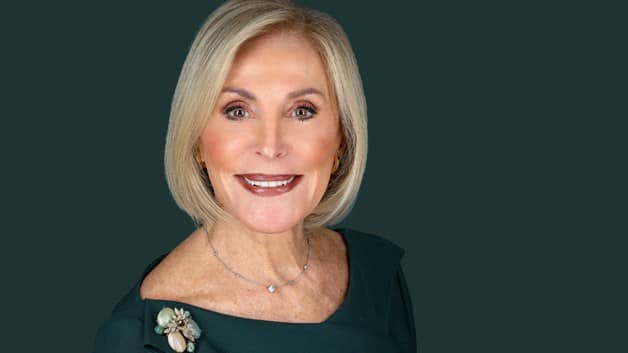Recently, Ellig Group hosted a webinar to discuss the people impact of the COVID-19 pandemic through the lens of a massive data analysis performed by its strategic partner, Culturintel. CEOs Janice Ellig and Lili Gil Valletta (of Ellig Group and Culturintel respectively) shared insights with leaders from a variety of industries. You can watch a replay of the webinar here.
Culturintel’s advanced algorithm harvested data from more than 100 million impressions of unstructured digital discussions from social media platforms, message boards, media site comments, and other sources. Once harvested, AI and advanced analytics were used to parse relevant conversations and identify patterns among groups of people. The resulting COVID-19 insights may help leaders better understand the behavioral, psychological, social, and economic impacts expressed by people as we collectively face these unprecedented circumstances. A few of those insights – and my take-aways – are shared here.
Perhaps not surprisingly, many of the discussions in the data set centered on the economic impact of the virus. People are clearly worried about their jobs and ability to maintain their life and lifestyle. Minority groups appear even more concerned about economic impacts than the general population. In total, however, more people of all categories were talking about how the virus impacts routines, relationships, and mental well-being. Many – especially Millennials and Gen Zs – expressed negative feelings about a loss of purpose, time wasted, or being “stuck” while the crisis continues.
Differences between generations emerged within the analysis of psychological “sentiments” of the individuals in the data harvest. When comments of each generation are considered against certain sentiments – optimism, denial, realism, and catastrophic – the differences are quite significant. Half of the Boomers expressed sentiments that would be considered “realistic.” Think of this sentiment as an acceptance of the severity of the situation tempered by a view that there is a future beyond the pandemic. Compare this sentiment with that expressed by Millennials and Gen X-ers who seem evenly split between several psychological sentiments. Younger people are almost equally likely to express feelings of denial, realism or a catastrophe.
Another interesting data point relates to what people are looking for from corporate leaders in response to the COVID-19 crisis. The top expectations are that companies will prioritize employee health and safety, presumably over profits, and minimize job losses. These two together make up more than half of the discussions in the data that was harvested. Other expectations include putting employees first, supporting the community, and transparent communication.
These and other insights shared in the webinar offer several lessons for leaders navigating the crisis.
First, while it is true that we are “in this together,” it is also true that people of different age groups are feeling the impact of the pandemic in different ways. The perspectives expressed by different generations may make it challenging to respond appropriately to the concerns of some without alienating others. In crafting communications, leaders need to be thoughtful in how they consider the mindset of workers or customers who fall into another generational segment. If a CEO is a Boomer, for example, he or she will need to stand in the shoes of the company’s younger workforce or customer base. Communications that minimize those feelings with a “this too shall pass” message may feel right to a seasoned CEO but fall flat with important groups.
Another take-away relates to our ability to act and have a meaningful impact on the psychological sentiments of our key constituencies. It is true that many of the factors that drive such sentiments are not in the control of corporate or other leaders. It is possible, however, for creative leaders to help their people regain a sense of purpose even within the context of social distancing. This may have an significantly positive impact on the psychological state of younger workers.
Think about how employee sentiment may have shifted within companies that announced plans to stop normal production in order to manufacture critical equipment for front line and healthcare workers. Consider how employees may respond to remote learning and professional development opportunities rolled out by companies – with or without the assistance of outside executive education programs. A progressive leader may also come up with ways for employees to collectively work towards a common community goal: a virtual food drive for local food banks; collection and delivery of letters or small gifts for elderly people in nursing homes or sheltering alone at home; fundraising to support a favorite charity, as a few examples.
Leaders may also want to reflect on their approach with the organization’s minority workforce. The data suggests that certain groups may be more concerned about the economic impact of the virus than the overall population. The timing may be right for a communication of support or encouragement, or even a special program, from the diversity and inclusion team. Retention of the best performers will be a critical driver of success when this is over. Helping your diverse workforce feel more secure will pay dividends later.
In short, the COVID-19 People Impact Meter offers a unique view into the minds and hearts of our nation and the world, a valuable asset as we face these unprecedented times.
-Nicole Sandford

Board Search
Insights
© 2024 Ellig Group LLC. | Made with Inclusion.

